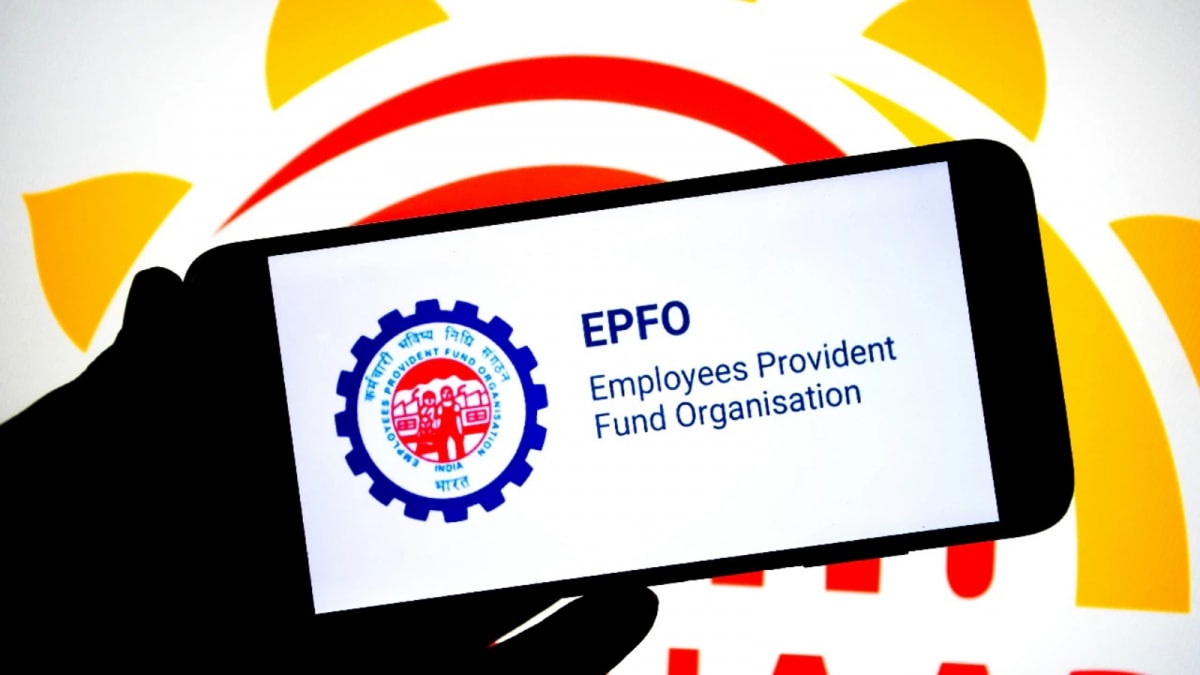In a major breakthrough on Friday, the International Monetary Fund (IMF) announced reaching a staff-level agreement (SLA) with Pakistan on $3 billion “stand-by arrangement” (SBA).
“I am pleased to announce that the IMF team has reached a staff-level agreement with the Pakistani authorities on a nine-month Stand-by Arrangement (SBA) in the amount of SDR2,250 million (about $3 billion or 111 percent of Pakistan’s IMF quota),” Nathan Porter, the IMF’s Mission Chief to Pakistan, said in a statement.
“The new SBA builds on the authorities’ efforts under Pakistan’s 2019 EFF-supported programme which expires end-June. This agreement is subject to approval by the IMF’s Executive Board, which is expected to consider this request by mid-July,” the statement added.
The agreement, reached after eight-month delay, offers some respite to the country’s economy which is reeling from depleting foreign exchange reserves and acute balance of payments crisis.
In a statement issued today, the IMF said since the completion of the combined seventh and eight reviews under the 2019 EFF in August 2022, the Pakistan’s economy faced several external shocks such as the catastrophic floods in 2022 that impacted the lives of millions of Pakistanis and an international commodity price spike in the wake of Russia’s war in Ukraine.
As a result of these shocks as well as some policy missteps — including shortages from constraints on the functioning of the forex market— economic growth has stalled. “Inflation, including for essential items, is very high. Despite the authorities’ efforts to reduce imports and the trade deficit, reserves have declined to very low levels,” the IMF’s statement said.
Moreover, it said liquidity conditions in the power sector also remain acute, with further buildup of circular debt and frequent loadshedding.
The global lender said new SBA will support Pakistan’s immediate efforts to stabilise the economy from recent external shocks, preserve macroeconomic stability and provide a framework for financing from multilateral and bilateral partners.
“The new SBA will also create space for social and development spending through improved domestic revenue mobilisation and careful spending execution to help address the needs of the Pakistani people.”
Steadfast policy implementation is key for Pakistan to overcome its current challenges, including through greater fiscal discipline, a market determined exchange rate to absorb external pressures, and further progress on reforms, particularly in the energy sector, to promote climate resilience, and to help improve the business climate, the statement added.















































